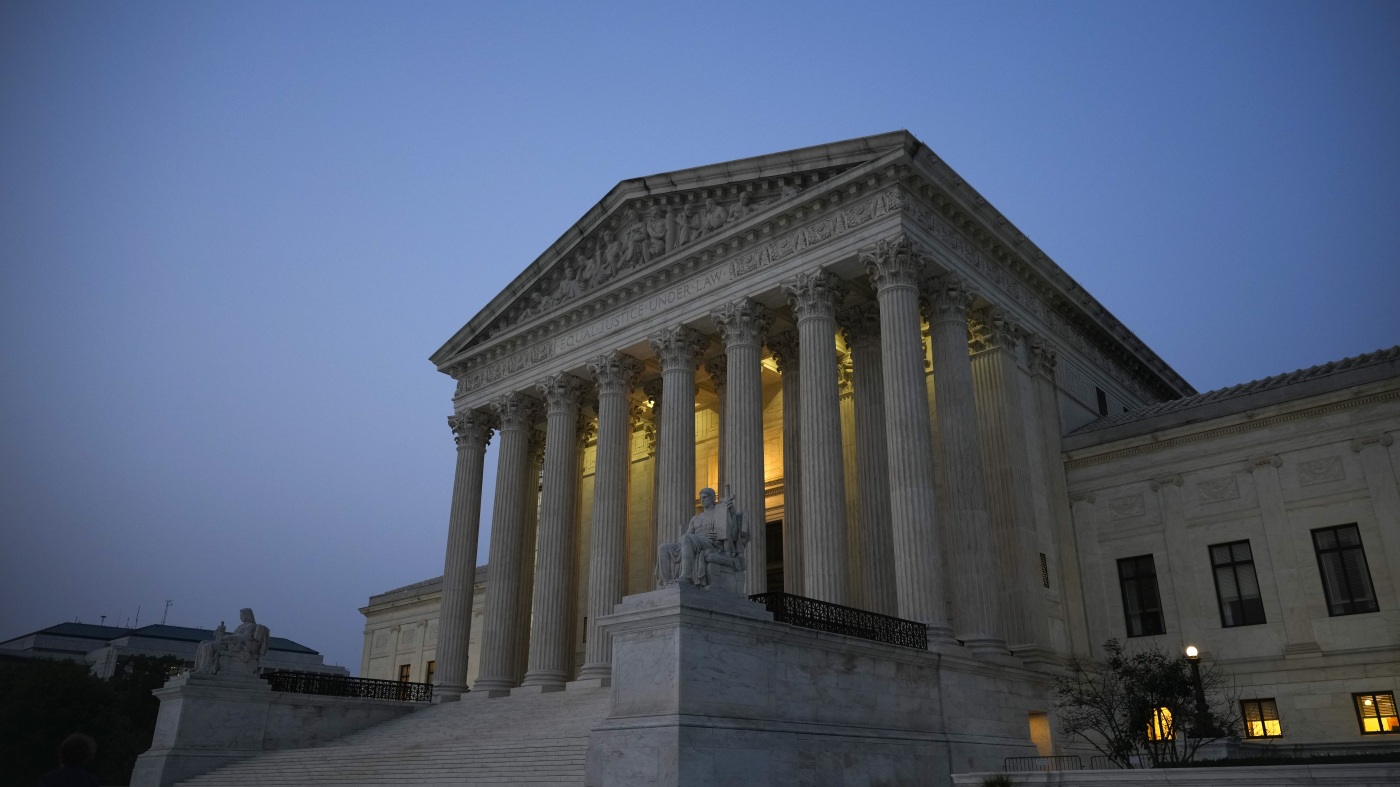WASHINGTON, D.C. – In a significant ruling, the Supreme Court has upheld South Carolina’s decision to ban Medicaid funds for Planned Parenthood, marking a pivotal moment in the ongoing national debate over state control of federal funds.
Breaking: Supreme Court Sides with South Carolina
The Supreme Court delivered a decisive 6-to-3 ruling on Thursday, allowing states to cut off Medicaid reimbursements for non-abortion services provided by Planned Parenthood. This decision effectively supports South Carolina’s stance that it can disqualify Medicaid providers under state law.
Justice Neil Gorsuch, writing for the court’s conservative majority, emphasized that Congress must “clearly and unambiguously” authorize the right to sue as an enforcement mechanism, which he argued was not the case here. The statute, he noted, does not mention a “right to sue.”
Immediate Impact on Healthcare Access
Justice Ketanji Brown Jackson, writing for the dissenting liberal justices, argued that the statute’s language “could not have been clearer.” She warned that the decision would deprive Medicaid recipients of the “deeply personal freedom” to choose their healthcare providers.
“This will strip Medicaid recipients all over the country of a deeply personal freedom, the ability to decide who treats us at our most vulnerable,” Justice Jackson stated.
Industry Response: Planned Parenthood’s Reaction
Planned Parenthood’s president and CEO, Alexis McGill Johnson, expressed concern over the ruling’s ramifications. In an interview with NPR, she highlighted the potential for widespread service disruptions in rural and low-income areas.
“It’s a dark time when a health center has to close, any time a patient is not able to get the care that they need,” said Johnson. “That is a dark time because we can provide that care for our nation’s most vulnerable.”
By the Numbers: Planned Parenthood’s Challenges
- At least 34 Planned Parenthood clinics have closed since last year.
- Seventeen states may now strip Planned Parenthood clinics of non-abortion medical service funding.
- Some affiliates receive up to 30% of their funding from Medicaid.
Support for State Rights
Jim Campbell, chief legal counsel for the conservative Alliance Defending Freedom, praised the decision as a necessary correction, allowing states autonomy in allocating federal funds.
“This is a really big deal for states that have been sucked into a lot of federal litigation,” Campbell stated. “If states decide to adopt pro-life policies, they should be free to determine that Medicaid dollars are spent consistent with that.”
Background Context: Federal Funding Restrictions
Since 1976, federal law has prohibited using Medicaid funding for abortion services, with limited exceptions. However, Medicaid reimburses “any qualified medical provider” for non-abortion services, a provision that has supported Planned Parenthood’s role as a primary care provider in underserved areas.
In South Carolina, Planned Parenthood South Atlantic has been a critical provider of routine medical services for low-income residents. The state’s decision to remove these clinics from Medicaid funding led to a legal battle that initially favored Planned Parenthood in lower courts.
Expert Analysis: Potential Ripple Effects
Mary Ziegler, a professor at the University of California, Davis, noted that the ruling isn’t solely about abortion but could financially strain many Planned Parenthood clinics, potentially leading to closures.
“Even in places like Southern California where Planned Parenthood does a pretty good job of fundraising, some affiliates get 30 percent of their funding from Medicaid, so that would be a huge hit,” Ziegler explained.
Regional Implications and Future Steps
The ruling could inspire other states to pursue similar actions, significantly impacting healthcare access in areas reliant on Planned Parenthood for primary care services. The potential for Congress to defund Planned Parenthood entirely looms, which could exacerbate these challenges.
The Supreme Court’s decision represents a significant shift in the ongoing battle over healthcare funding and state versus federal rights, with implications that could reverberate across the nation in the coming months.
